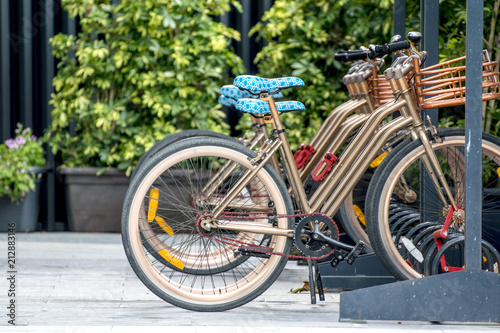Eco-friendly Hostel in Estonia: Circular economy, the Green Key to being more eco-friendly

A small Looming hostel in Tartu, Estonia takes simple and cost-effective eco-friendly measures in line with the circular economy. Measures cover everything from energy, mobility, waste, training, and more. Protecting the environment is an integral part of the hostel’s identity. Management has implemented a property-wide policy which seeks to reduce the ecological footprint by minimising the impact of all operations on the environment through its commitment to reusing and recycling resources, training and awareness-raising, offering eco-friendly services, and renovating facilities. Also, as a small operation, for the hostel is essential keeping costs down and becoming resource-efficient. Therefore, such organisational measures, rooted in circular economy principles, have earned a hostel a Green Key ecolabel.
Some of the measures implemented include:
- Regular training of employees in environmental responsibilities;
- Eco-friendly mobility: hostel bike rental, walking tours;
- Furniture and equipment is made of natural materials or based on nature-friendly products and recycling principles;
- Saving resources: signage around the hostel as a gentle reminder for guests to save water and electricity;
- Better waste handling: waste is minimised and waste separation is promoted; biological waste is turned into vermicomposting by worms;;
- Green cleaning: eco-labelled products, such as soda and vinegar are used;
- Looming's management is keen to explore innovative ways to promote eco-friendly practices on the site. Ideas such as selling second-hand items like clothes in cases when guests need a jacket or simply forgot to pack something.
